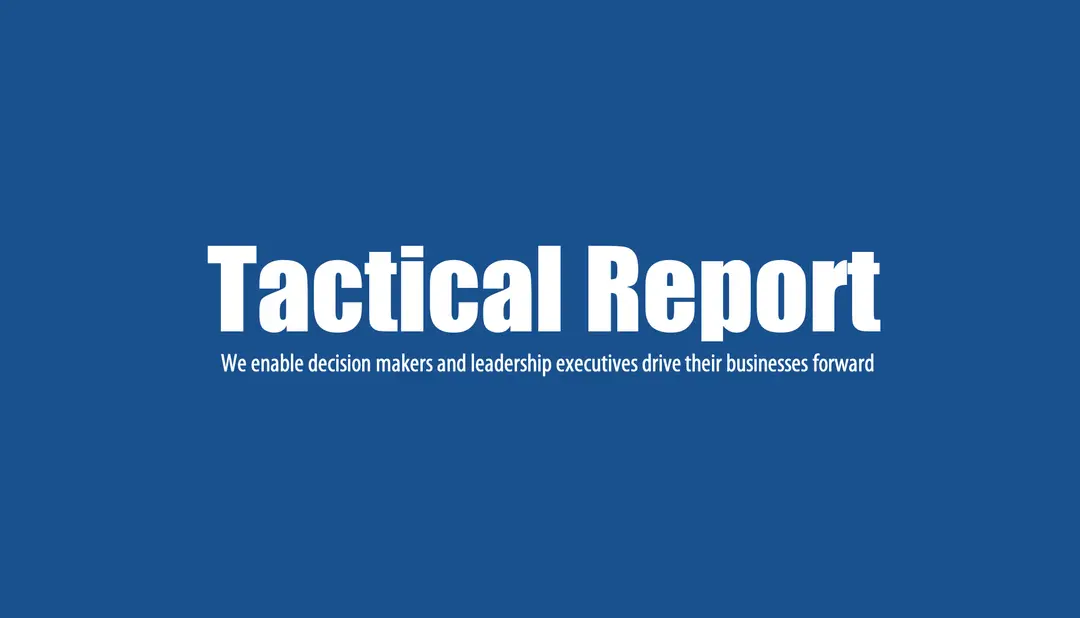
Last updated: 12 November, 2024
GCC states and U.S. presidential elections
As the GCC countries navigate a complex geopolitical landscape, their relationships with the U.S. remain pivotal. With the backdrop of the U.S. presidential elections, these nations are poised to influence and be influenced by the evolving dynamics of U.S. foreign policy.
The GCC states have long maintained strategic partnerships with the U.S., built on mutual interests in security, economic cooperation, and regional stability.
Leaders such as Saudi Crown Prince Mohammad Bin Salman (MBS), Emirati President Sheikh Mohammad Bin Zayed (MBZ), and Qatari Emir Tamim have engaged closely with successive U.S. administrations to bolster defense collaborations, enhance trade agreements, and address pressing issues such as regional conflicts.
MBS has been a driving force in reshaping Saudi Arabia's global presence, particularly through initiatives like Vision 2030, which aims to diversify the economy and reduce dependence on oil. His engagement with U.S. leaders has focused on strengthening defense ties and attracting American investment, making Saudi Arabia a key ally in promoting stability in the Middle East.
MBZ has similarly prioritized strategic partnerships with the U.S. , leveraging the UAE's position as a regional hub for trade and innovation. His leadership has fostered significant military cooperation, particularly in defense technologies, reinforcing the UAE's role as a crucial ally in the Gulf.
Emir Tamim has positioned his country as a mediator in regional conflicts and a strategic player in energy markets. Qatar's close ties with the U.S. , exemplified by its hosting of American military bases, underscore its importance in U.S. strategic calculations in the region.
Donald Trump’s victory is expected to shape the future of the U.S.-GCC relations. Key topics include the potential impact of foreign policy shifts on military cooperation, energy partnerships, and regional stability.
With the GCC's significant role in global energy markets, the intersection of U.S. politics and GCC aspirations presents both challenges and opportunities for all parties involved.